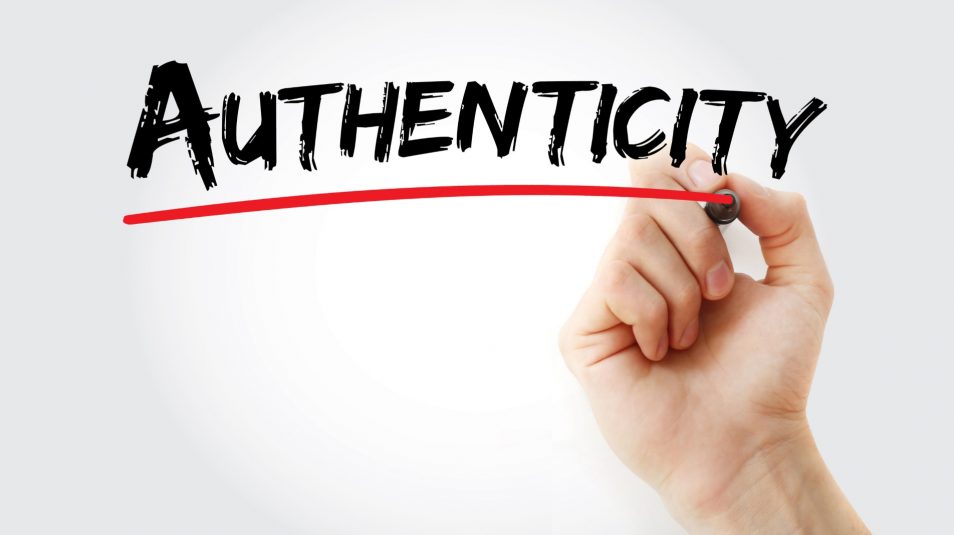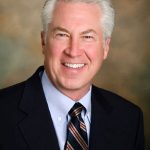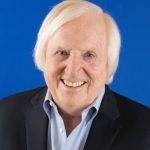Being Authentic Takes Work

Inspiration
January 30, 2019
David Nielson
Topics
Authentic leadership, authenticity, humor, trustworthySince change is such a common dynamic in organizations, change leaders and/or change agents are important roles. Authenticity is really a critical element for these roles. Change is difficult for most people, and those most impacted by change look to leaders and agents as people they can trust to steer them through the “rough waters.” Trust is seriously hampered if you cannot be authentic.
When I was younger, my grandfather always told me, “Tell the truth; that way you don’t have to remember what you said.” It is so much easier to remember the truth. You don’t have to worry about getting caught up in a lie or tell another lie to cover it. When you are truthful with everything you say, you build your credibility and reduce your stress.
I work hard to be authentic.
It’s easier now; I have less to prove because people know I’m authentic. But there are many reasons why we might not be totally true to ourselves. One of the most common I’ve witnessed is the belief that if we portray ourselves as something other than who we really are, we will be seen as more desirable or popular. I can certainly remember a lot of times when I was younger when I was clearly not operating with authenticity.
High school and college years are often difficult times for many in terms of self-image. I can remember projecting an air of self-confidence to cover up a lot of insecurities. As a youngster, one way I masked those insecurities was through humor. Many from my college and high school years would probably say I was a funny guy, but there can be a price to pay.
Several years ago, I went through an intense development process to gain credentials in the field of organization development (OD). After about seven days of intense work (working from 7:30 a.m. until 10:00 p.m. with only bio breaks and meal breaks), I was sitting in a training group and it was my turn to receive feedback. The common theme in the group was that individuals found me humorous, but could not determine who I really was. They couldn’t decide what kind of person I was. They had no sense of what was important to me. On the basis of all this, the common conclusion was that they could not trust me.
I was not viewed as trustworthy.
That was a pretty difficult pill to swallow. I can recall that it was not fun for me at the time—yet it was probably one of the most important experiences I’ve had in life. At that point in my life I was well beyond “needing” to entertain—but it had become a habit. I saw myself as very trustworthy and honest, and really wanted to be seen as authentically real, more than “a funny guy.” It was a great awakening for me to see myself in the different light provided by the training-group feedback. Most people don’t have that kind of experience and sometimes learn the price of inauthenticity the hard way, such as former network news anchor, Brian Williams, who notoriously claimed to have been shot down in a helicopter while covering the Iraq war in 2003.
When you are living your life on purpose, you are living your authentic life. Everything you do has a purpose. No longer do you have to walk the road of being the victim or victor of chance. You are making the rules and you are living by them every day.








[…] article was originally posted on Lead Change Group in January […]